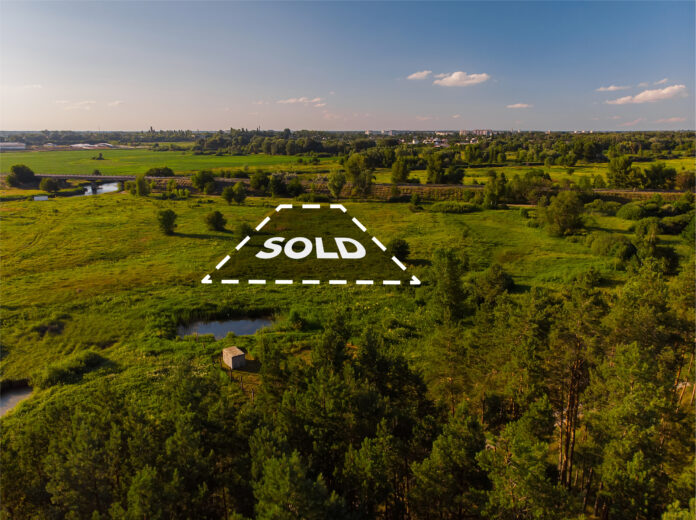Congratulations! You’ve just bought land. Whether it’s for building your dream home, starting a business, or making a long-term investment, becoming a landowner is a significant milestone. But the journey doesn’t end at the point of purchase. In fact, what you do after buying land in Nigeria is just as important—if not more important—than the purchase itself.
Many people make the costly mistake of assuming their job is done once they have the receipt and survey plan in hand. Don’t be one of them. This blog will walk you through the 7 essential steps to take immediately after acquiring land in Nigeria, especially in today’s real estate landscape.
1. Secure Your Documents Properly
Let’s start with the most obvious—but often ignored—step: document security.
Make sure you collect and properly store all relevant documents, which typically include:
- Receipt of Purchase
- Survey Plan
- Deed of Assignment
- Allocation Letter (if it’s from an estate developer)
- Certificate of Occupancy (C of O), if available
- Excision or Gazette, where applicable
Don’t just throw them in a drawer. Scan and save copies to cloud storage (like Google Drive) and have multiple physical copies. If anything ever goes wrong, documentation is your best defence.
2. Do a Proper Land Survey (If You Haven’t Already)
Even if the seller gives you a survey plan, verify it with a registered surveyor. They will help confirm:
- The exact coordinates of the land
- If there’s any government acquisition or encroachment
- The true size and shape of the plot
This helps prevent land boundary disputes with neighbors and ensures your structure won’t be demolished later due to building in the wrong place.
3. Fence the Land
In Nigeria, if you don’t fence it, someone else might claim it.
Fencing your land (even if it’s just a basic perimeter fence with corner pillars) serves two major purposes:
- Prevents encroachment
- Shows physical possession
You can also add a signboard that says, “This land is not for sale. Beware of 419.” Trust me, it works wonders.
4. Get the Right Title Documents
Most lands, especially those in the outskirts or rural zones, may not have perfect title documents. So the next big thing is perfecting your title.
That means applying for:
- Governor’s Consent (if a Deed of Assignment is in place)
- Certificate of Occupancy (C of O) (if you bought directly from the government or via land allocation)
Why is this important?
Without proper title, banks won’t accept your land as collateral, and selling it later might be difficult. Plus, government can revoke the land without compensation if it’s under acquisition.
5. Plan Your Development (Even If It’s Long-Term)
You don’t have to build a mansion tomorrow, but it helps to map out a plan:
- Will you build residential, commercial, or rental units?
- Are there building restrictions or zoning regulations in the area?
- What’s your budget for phase-by-phase development?
Having a plan helps you stay focused and make wise financial decisions down the line.
6. Register With the Local CDA or Community Leaders
In many areas, especially in Lagos, Ogun, and other developing states, you’ll need to relate with the Community Development Association (CDA) or the traditional landowners (omo-onile). While this step can be annoying, it’s necessary for peace.
Some CDAs demand development levies, and while this should ideally be illegal, it is a common practice in many parts of Nigeria. Get a receipt for any payments made and don’t settle any demand without verifying from the local government or trusted agents.
7. Keep Records and Monitor the Land
Lastly, don’t be a ghost landowner.
- Visit the land regularly.
- Assign someone to check on it if you live far away.
- Monitor the neighborhood development: road construction, electrification, drainage systems, etc.
You’ll be surprised how quickly things can change—and how quickly land grabbers can act if you’re not alert.
Final Thoughts: Think Long-Term
Owning land in Nigeria is one of the smartest investments you can make, but it’s not just about buying—it’s about protecting and planning.
So, after buying land:
- Secure your documents
- Fence it
- Process your title
- Relate with the community
- Plan your project wisely
Doing all these might take time, money, and patience, but in the long run, you’ll thank yourself.
Have you recently bought land or planning to? What challenges are you facing with the next steps? Let’s discuss in the comments!
If you found this blog helpful, share it with someone who just bought land—or is planning to.

